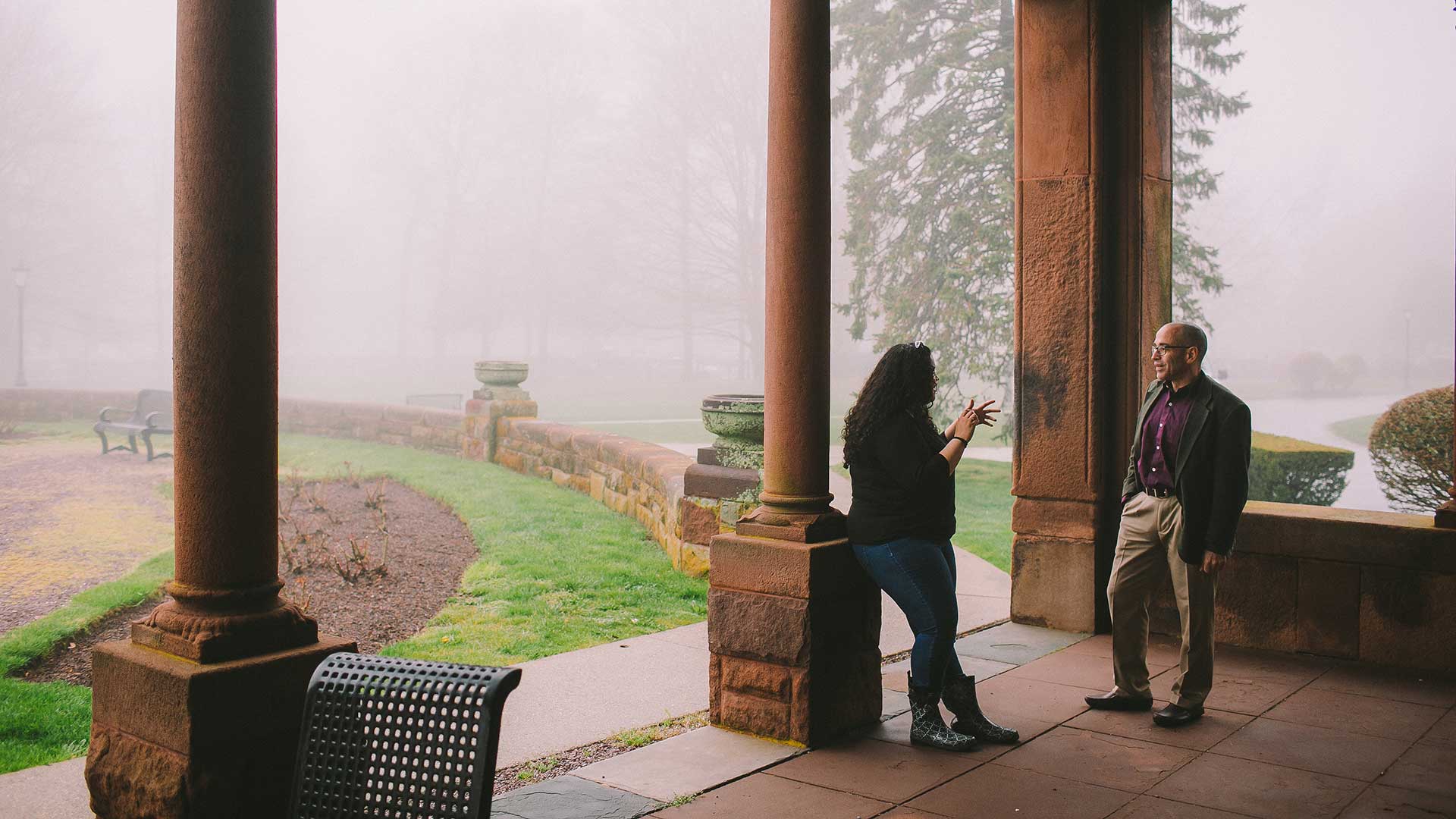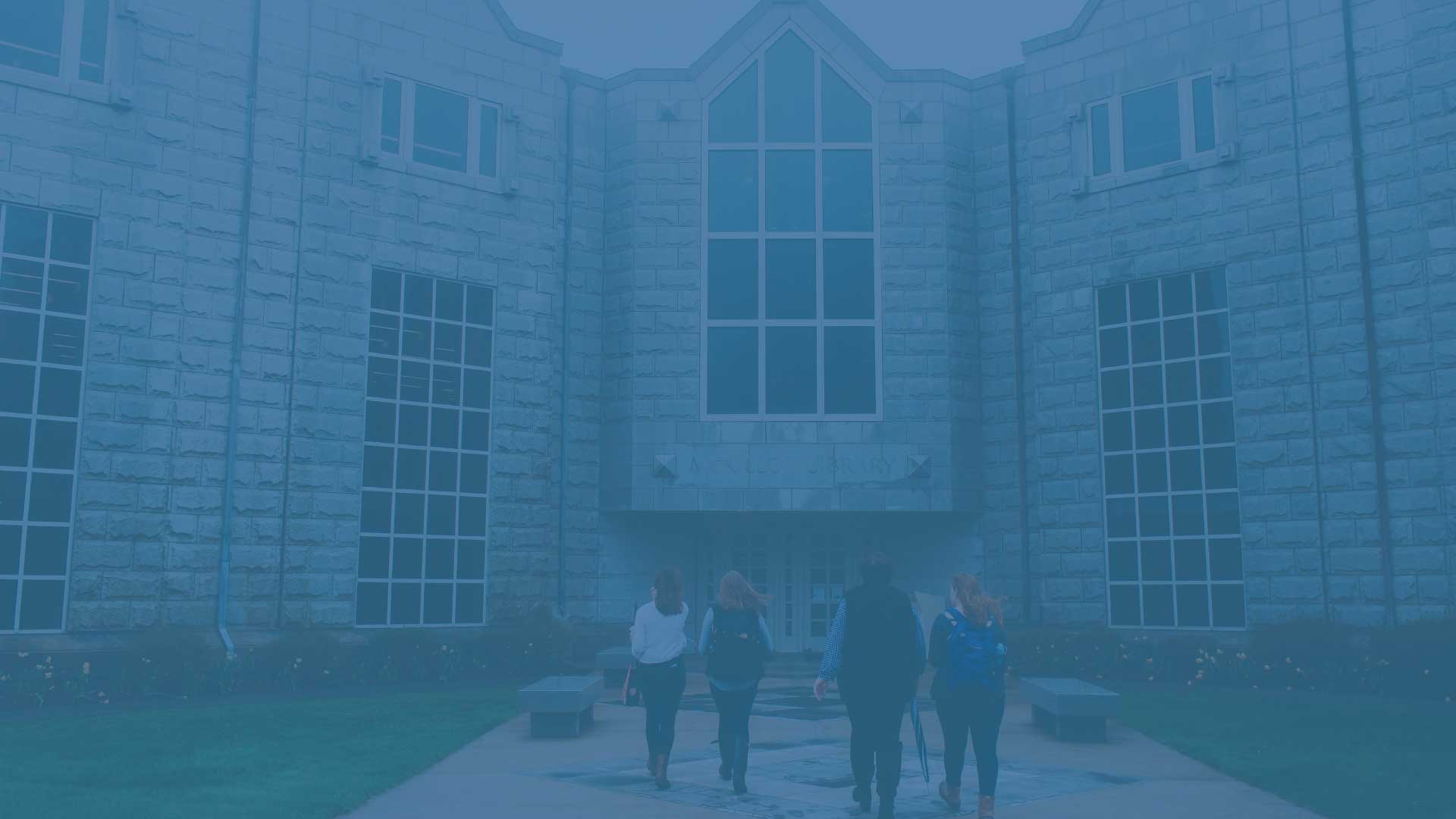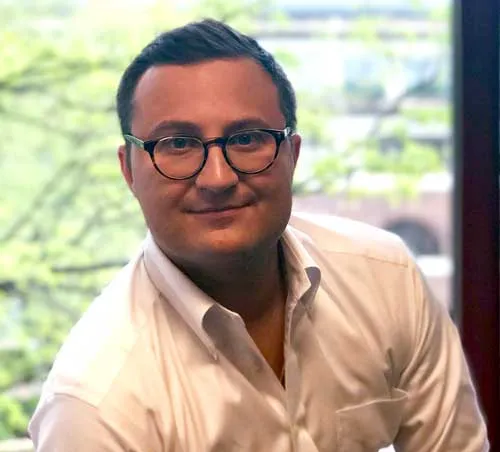Philosophy

Philosophy
Philosophy – a love of wisdom – encourages students to ponder the question of life. When we ask our students to explain their own existence, they begin to comprehend the vastness of the world, with its litany of questions and observations. Salve Regina University's bachelor's degree in philosophy provides students with intellectual insights and abilities that are valuable throughout life.
Develop a Critical Mind
Salve Regina's program embraces a number of traditions from the West and the East. We draw on this enriching diversity while being sensitive to and supportive of the Roman Catholic heritage of the University’s tradition. The papal document Ex Corde Ecclesiae inspires our search for wisdom and our joy in sharing it with students.
We introduce students to philosophical issues in human life and cultivate their ability to apply philosophical methods to intellectual, moral and social problems. Such issues are complex and controversial, and, while there are no easy answers, it matters greatly which answers are accepted or decided on. Engaging in philosophy develops a critical mind, a balance of analytic and interpretive skills, and a capacity for the imaginative development of abstract formulations and their concrete application in human society.
Program Spotlight: Philosophy Through an Experiential Lens
Dr. Craig Condella, professor and chair of the Department of Philosophy, takes his European Philosophy class to the Whitehall Museum House to experience firsthand its influence on American philosophy.
Philosophy is something that we usually think of as being very sort of ahistorical and acontextual – which is why we still read Plato and Aristotle millennia later – but there is a historical dimension to philosophy and place matters, so we want to think about what makes American philosophy unique, what makes it different.

Our Faculty
Our program’s strength lies in our multi-faceted faculty, whose areas of expertise include American philosophy, philosophy of law, continental phenomenology, philosophy of God, analytic philosophy, Arabic philosophy and Chinese philosophy, as well as political philosophy and environmental, business and medical ethics. Interaction between professors and students is an enriching part of the learning experience.
Life After Salve
In addition to preparing students for the workforce, Salve Regina's philosophy program encourages them to explore the meaning of life in its deeper dimensions and consider how they might live out that meaning in the years ahead.
Philosophy is one of the most valuable degrees a graduate can take into the workforce. Employers value the problem-solving abilities that philosophy majors possess. And recent studies indicate that philosophy majors are some of the highest earners among those who hold bachelor’s degrees in the humanities.
Philosophy majors consistently rank high in graduate school admissions tests. Our graduates have completed advanced degrees in philosophy, international relations, management, theology, law and psychology.
Our graduates have pursued successful careers in law, teaching, business, counseling, publishing, government and social service. Positions have included:
- Associate professor of neuropsychology, Lesley University
- Ventures and edge technologies lead/senior associate, Booz Allen Hamilton
- Licensed mental health counselor, Integral Psychotherapy
- Head of research and scholarly communication services, University of Massachusetts Medical School
- Associate professor of English, University of Richmond
- Senior portfolio advisor and senior financial advisor, Merrill Lynch
- Mental health associate, UMass Memorial Medical Center
Program Spotlight: Foundation for Life

Studying philosophy at Salve Regina helped me become a much more well-rounded person. I didn’t know what I wanted to study when I got to Salve Regina, but a core class in freshman year generated so much curiosity that I knew I had to study philosophy. In it you’re studying the thoughts of some of the most intelligent people to have ever lived. You’re exposed to the thought processes of geniuses. It’s a very powerful foundation for just about any line of work.
Joshua A. Belfiore ’10, group product manager, advisor experience, eMoney Advisor
Major in Philosophy (B.A.)
10 courses | 30 credits
Required courses:
- PHL120: Logic or PHL125: Philosophy of the Human Person
- PHL225: Quest for the Good Life
- PHL490: Senior Seminar Capstone
One of the following ancient philosophy courses:
- PHL126: The Pre-Socratics, the Sophists and Socrates
- PHL130: Ancient Philosophy
- PHL201: Classical Political Philosophy
- PHL230: Plato
- PHL231: Aristotle
- PHL339: Great Thinkers in Ancient Philosophy
- PHL439: Topics in Ancient Philosophy
One of the following medieval philosophy courses:
- PHL140: Medieval Philosophy
- PHL141: Medieval Political Philosophy
- PHL242: Thomas Aquinas
- PHL349: Great Thinkers in Medieval Philosophy
- PHL449: Topics in Medieval Philosophy
One of the following modern philosophy courses:
- PHL202: Modern Political Philosophy
- PHL203: Modern Philosophy
- PHL250: Continental Rationalism
- PHL251: British Empiricism
- PHL350: Idealism
- PHL359: Great Thinkers in Modern Philosophy
- PHL459: Topics in Modern Philosophy
One of the following contemporary philosophy courses:
- PHL204: Contemporary Philosophy
- PHL260: Applied Ethics
- PHL261: Classic American Philosophy
- PHL360: Phenomenology
- PHL361: Existentialism
- PHL362: Analytic Philosophy
- PHL369: Great Thinkers in Contemporary Philosophy
- PHL459: Topics in Modern Philosophy
Students also take three elective courses in philosophy, chosen in consultation with their advisor.
Minor in Philosophy
6 courses | 18 credits
Required courses:
- PHL120: Logic or PHL125: Philosophy of the Human Person
- PHL225: Quest for the Good Life
Students choose one course from any of the four subject areas: ancient, medieval, modern or contemporary philosophy.
They also take three elective courses in philosophy, chosen in consultation with their advisor.